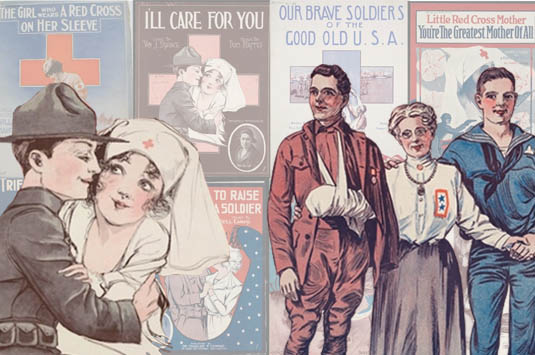Ben Kline, assistance director of the Research, Teaching and Services Department, was invited to participate in this summer’s “I Am An American” nation-wide event sponsored by the USA Today Network. Ben will reprise his talk, “Barn’s On Fire,” he gave during last summer’s Cincy Story Teller’s Project. It promises to include funny stories from his time growing up on an Ohio farm and a nice lesson in the acceptance of our original gifts.
The event happens on Tuesday, July 18, 7:00-9:00pm at the Madison Theatre in Oakley. Tickets are required. The event will be live-streamed across the country!
“I Am An American” is part of a USA TODAY Network initiative celebrating our country’s diversity through the stories that bind us together. This summer, storytellers from a variety of lived experiences will share stories on stage. For more information, visit https://tickets.usatoday.com/e/i-am-an-american-cincinnati.

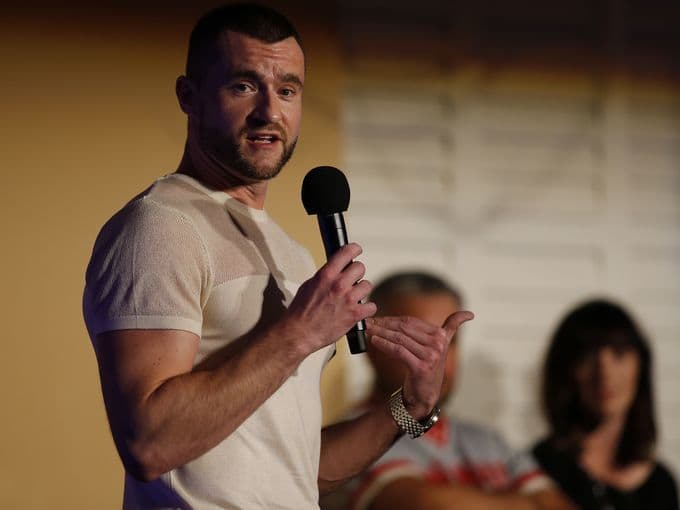
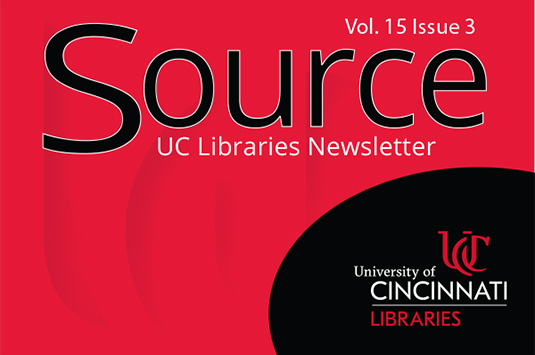
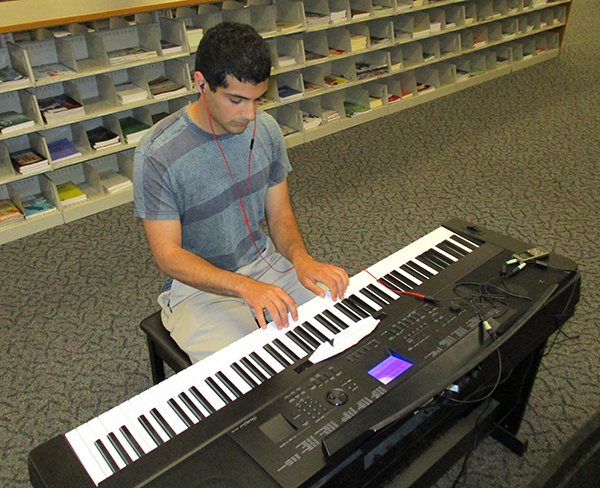
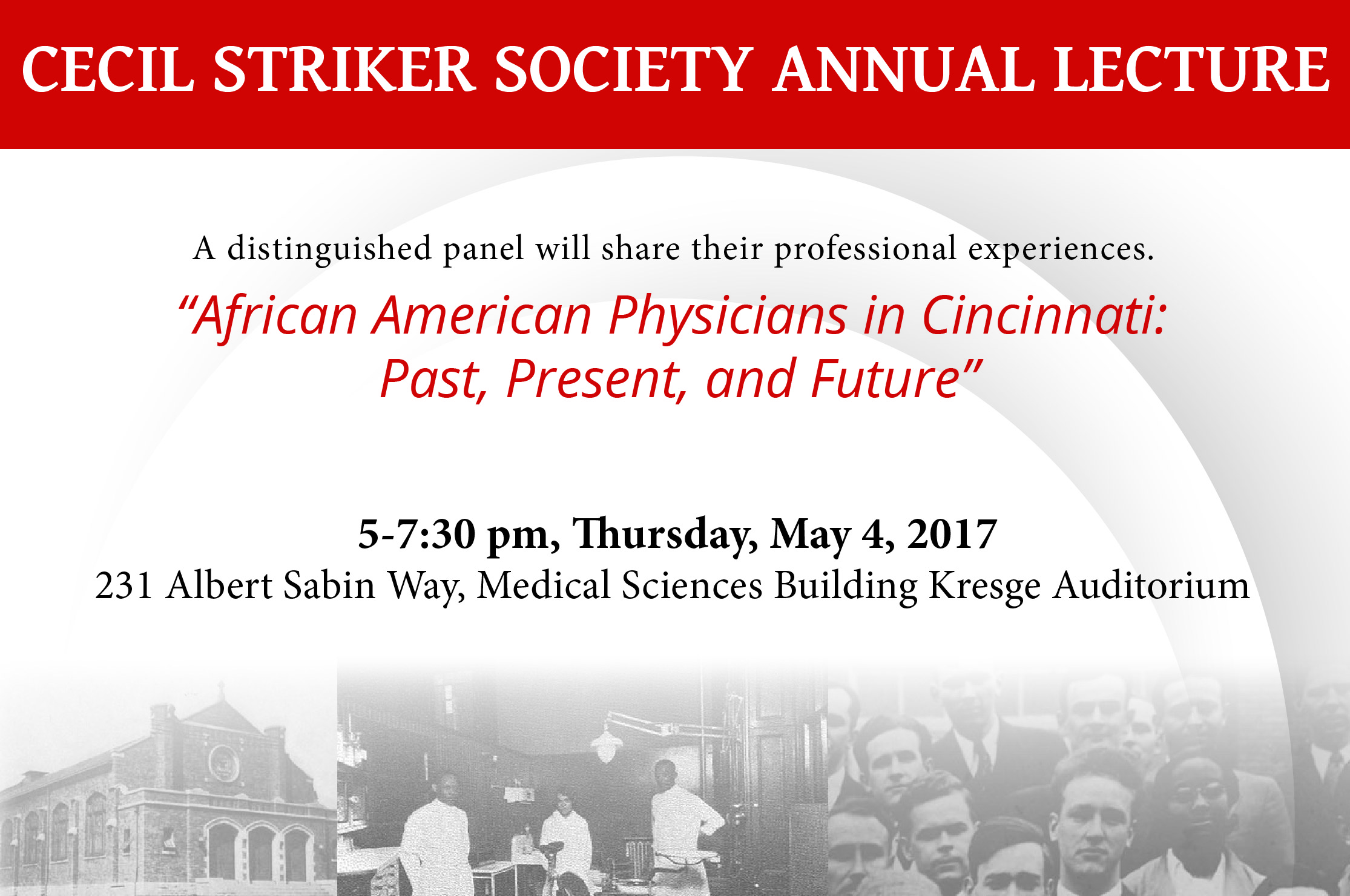
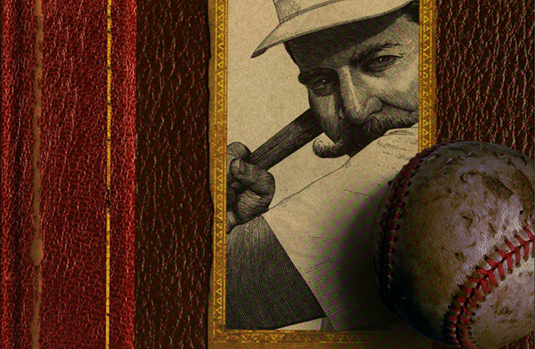
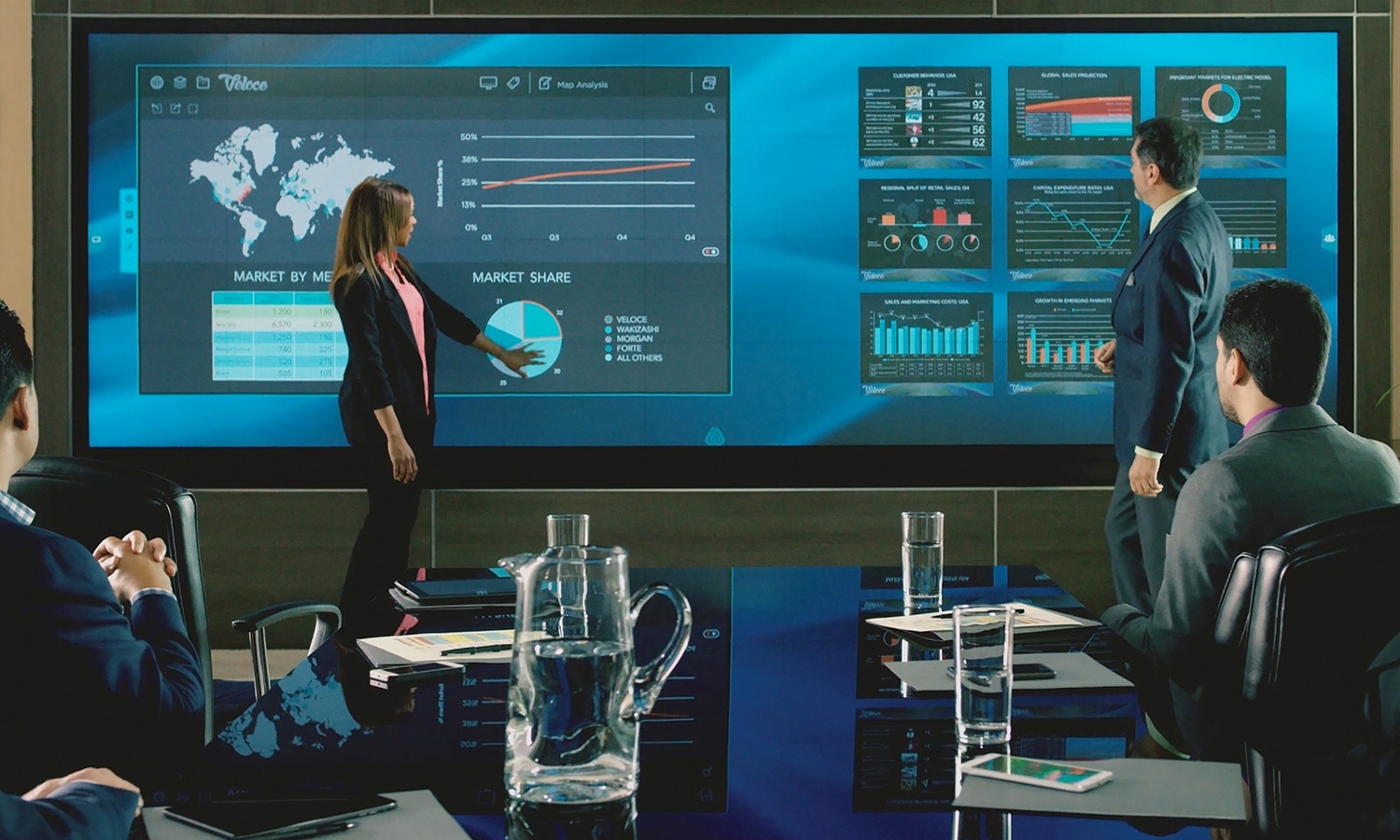
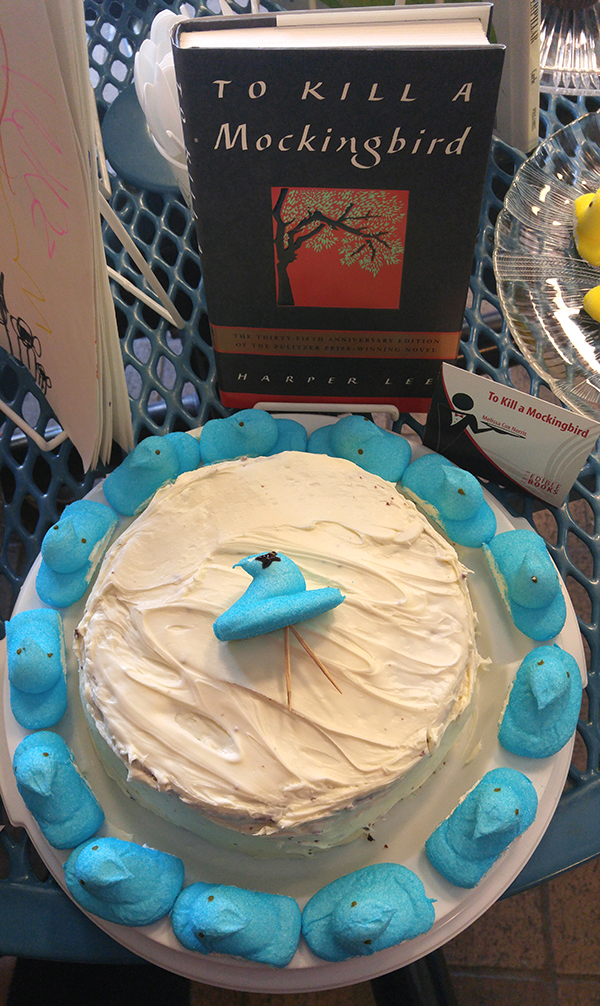
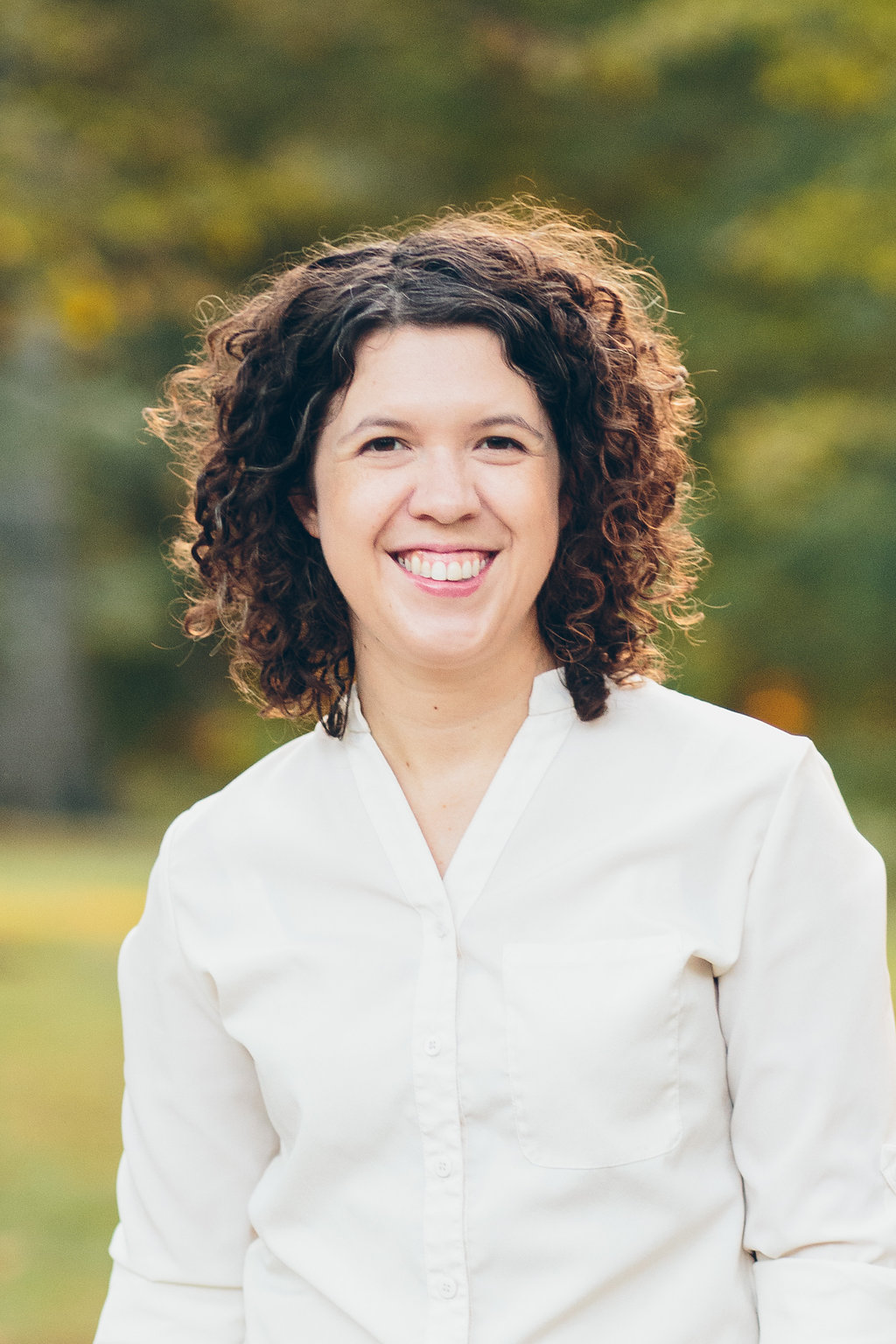
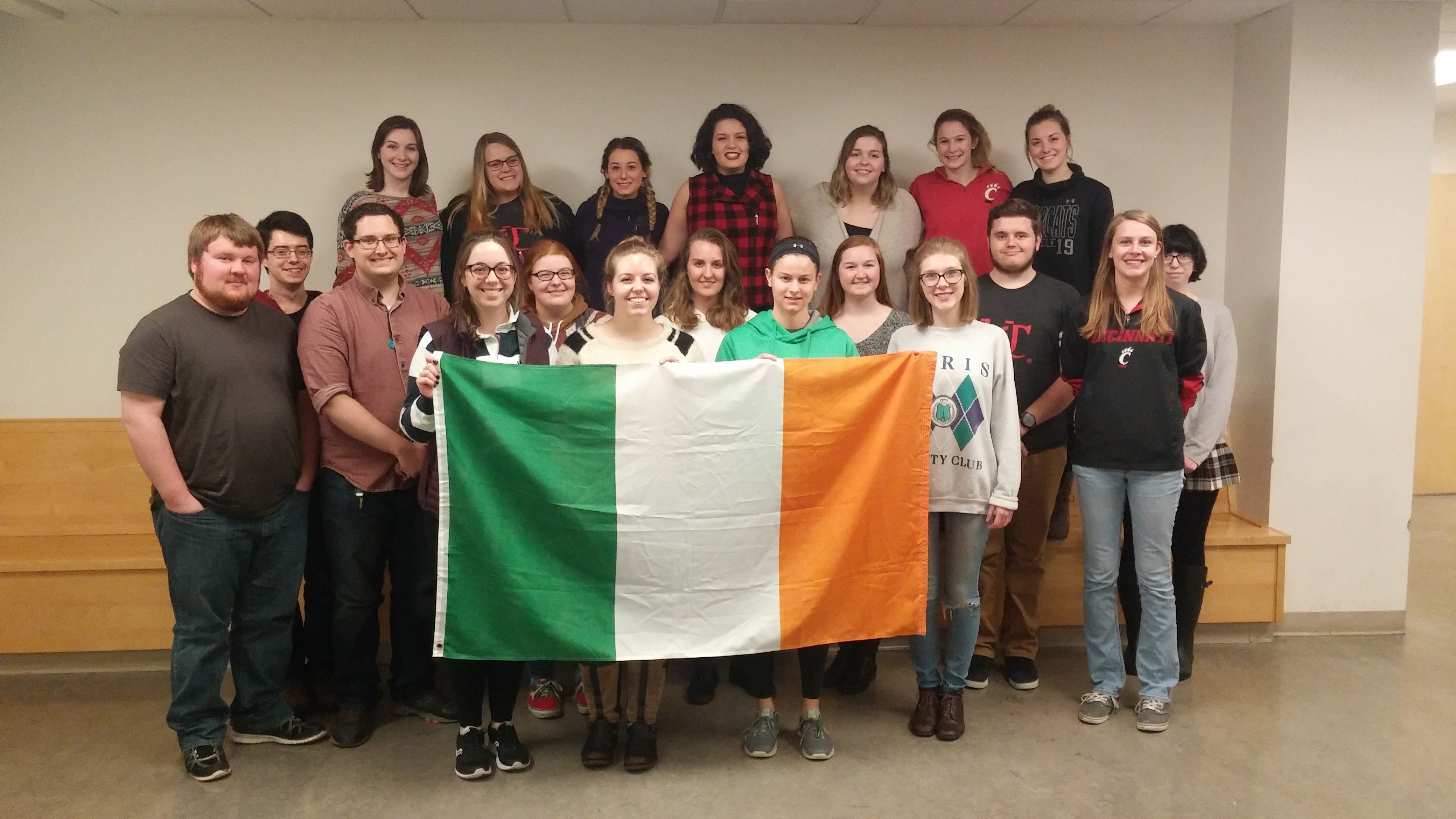 It’s that time of year again. Winter is *hopefully* leaving and making room for spring. March brings a lot to look forward to, especially for the Irish-American community. Every year since 1991, the president has declared March to be National Irish Heritage Month. But what does Irish heritage mean? One University Honors class is on a mission to find the answer to that question. It turns out that “to be Irish” means a lot more than having red hair, drinking beer, and being one with a short temper. Led by professor Kevin Grace, along with Debbie Brawn of University Honors, 20 students will travel to Ireland over spring break to get an in-depth look at the country from where so many Americans emigrated. The weeks leading up to the study tour were filled with readings of Irish-American literature, such as Angela’s Ashes and Irish America: Coming Into Clover, as well as the viewing of films and many discussions about what Irish heritage means.
It’s that time of year again. Winter is *hopefully* leaving and making room for spring. March brings a lot to look forward to, especially for the Irish-American community. Every year since 1991, the president has declared March to be National Irish Heritage Month. But what does Irish heritage mean? One University Honors class is on a mission to find the answer to that question. It turns out that “to be Irish” means a lot more than having red hair, drinking beer, and being one with a short temper. Led by professor Kevin Grace, along with Debbie Brawn of University Honors, 20 students will travel to Ireland over spring break to get an in-depth look at the country from where so many Americans emigrated. The weeks leading up to the study tour were filled with readings of Irish-American literature, such as Angela’s Ashes and Irish America: Coming Into Clover, as well as the viewing of films and many discussions about what Irish heritage means. 